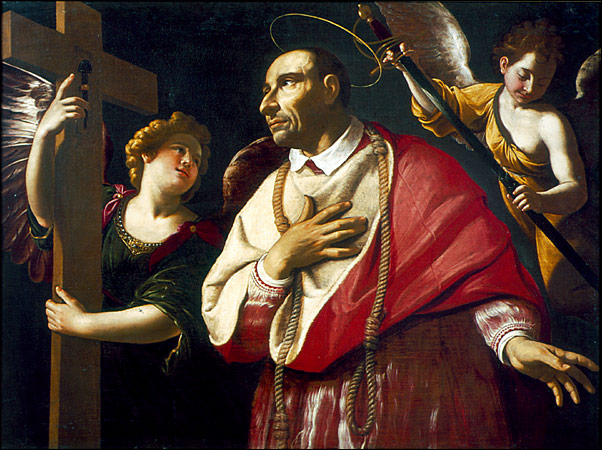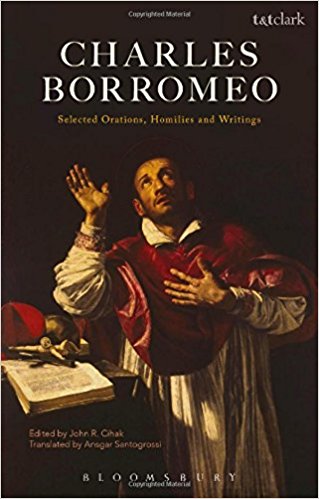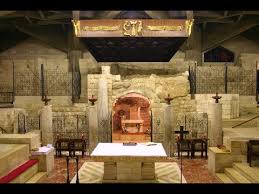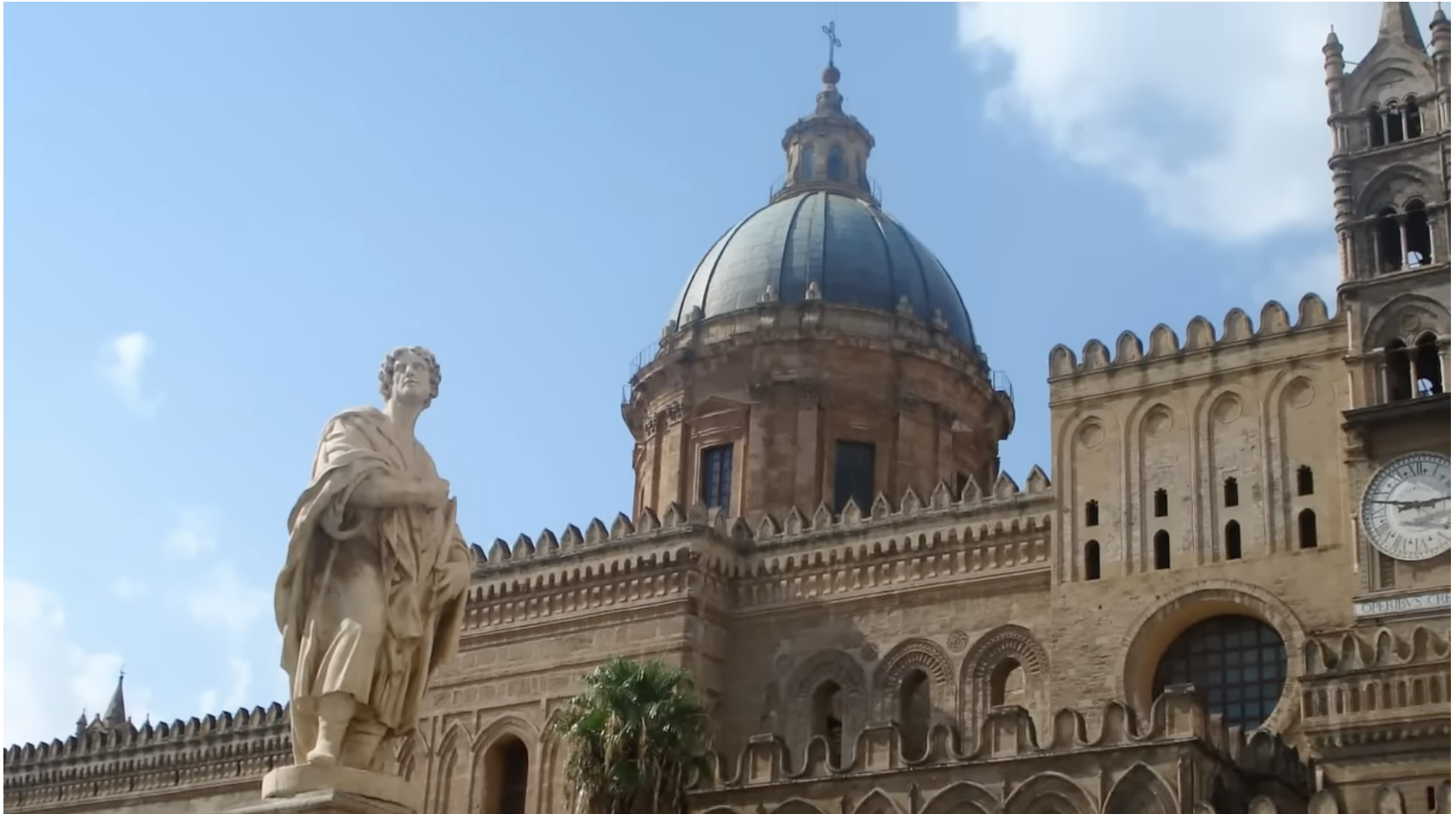Since the Second Vatican Council, the Catholic Church has struggled to renew itself. This renewal has encountered many problems – liturgical, doctrinal, moral, and pastoral. The progress has been laborious, with some successes and frequent setbacks, yet the Church continues to move forward striving to rejuvenate herself in holiness and truth.
Although the theological challenges, the historical circumstances, and the pastoral needs are quite different today than they were in the time following the Council of Trent, yet there are enough similarities that it would be foolish not to recover some of the wisdom from that time. There is no better person to look to than St. Charles Borromeo (1538-84).
Nepotism is normally not a good thing and is frequently sinful. In the case of Charles Borromeo, Pius IV (his uncle) turned it into a virtue. By making young Charles a Cardinal and bishop of Milan, Pius gave to the Church a significant and transforming grace, for Charles became a leading ecclesial, theological, and pastoral light within a careworn Church.
Charles embodied the doctrinal, moral, and pastoral reforms of the Council of Trent and so not only renewed his diocese but became the template for the renewal of the Church at large.
Despite his importance, Charles Borromeo is little known and appreciated within the English-speaking world, primarily because few of his works have been translated. This lacuna has now been filled with the publication of Charles Borromeo: Selected Orations, Homilies and Writings. J.R. Cihak and A. Santogrossi have furnished us with a superb edition and translation of some of Charles’s most significant texts.
Cihak’s introduction provides a short, but splendid, biography of Charles, and a guide to the historical, ecclesial, and pastoral setting for his writings. There follow four sections, which highlight various aspects of Charles’s work.
The first presents orations that Charles gave at his provincial councils. Here he articulates the need for reform and the nature of the reform. Charles notes that the true bishop “is frequently at prayer and in contemplation of heavenly things.” He is “regularly present in the episcopal residence, and likewise totally dedicated and given over to his episcopal duties.” He is “a true father and pastor of the poor, widows and orphans, a patron of the holy places and assiduous in promoting holy observances.”
There is, however, “another bishop.” He “is remiss or negligent in all of these things, or what is worse, does the opposite.” For Charles, his fellow bishops and priests are to be men of the Gospel who love the Church and the people they serve. Above all, they are to be holy shepherds after the manner their supreme Shepherd – Jesus Himself.
Thus, Charles displays both his love for his fellow bishops and priests as well as the need to challenge them if the Church and people of God are to grow in holiness.

The second part contains sermons on the Eucharist, many of which were given on the Feast of Corpus Christi. These sermons manifest Charles’s love for the Mass and for Christ’s presence in the Eucharist. Jesus showed His great love for us by giving:
his very self to men as food. You, Christ Jesus, who are the bread of angels, did not distain to become food of rebellious men, the food of most ungrateful sinners. O dignity of human excellence, and how much greater is the restoration than the fall! How much the sublimity of this dignity surpasses previous calamities! O most singular favor bestowed on us by God! O inexplicable love of God toward us!
Such profound passages not only moved the hearts and minds of his flock, but they can also move the hearts and minds of those who read them today.
The third and longest section addresses what it means to be a good shepherd. Here Charles is adamant that, in accord with the Council of Trent (and now Vatican II), “the principal duty of the bishop” is “the preaching of the word of God.”
During the plague of 1576, Charles exhorts his priests and religious to risk their lives in bodily and spiritual care for the ravaged flock. As for himself, Charles declares: “I have decided to spare no labors or dangers in order to fulfill my pastoral office and to serve the flock committed to me in any way I can for their salvation.” Charles also addresses the need for nurturing humility and vanquishing vanity, growing in holiness and the virtuous life, and above all being vigilant shepherds.
The final section contains writings on how to make the world holy. In 1577, immediately after the devastating plague, Charles wrote a booklet principally for fathers and mothers of families, which is still helpful today. He provided practical Gospel principles, practices, and devotions that would nurture them in holiness and so allow them to be leaven within the world. He also wrote of the need to be open to the Holy Spirit and, somewhat surprisingly, of the value of imitating the Holy Family.
In all of the above, Charles is tirelessly displaying his love the Gospel, his affection for the Church, and his ever-present solicitude for the faithful of Milan. This contagious love for Jesus, in all of his mysteries, is what Charles offered to his fellow bishops, to priests, and to the people under his care. In so doing the Church in Milan was moved to turn away from sin, to be enlivened by the Holy Spirit and so to give glory to God the Father.
This is an excellent book and one that would make a great gift for seminarians, priests, and even (or above all) bishops. Everyone who reads and ponders the orations, homilies, and writings of Charles Borromeo will be spurred on to help with the difficult renewal of the Church in our day and, like Charles, so become holy.















